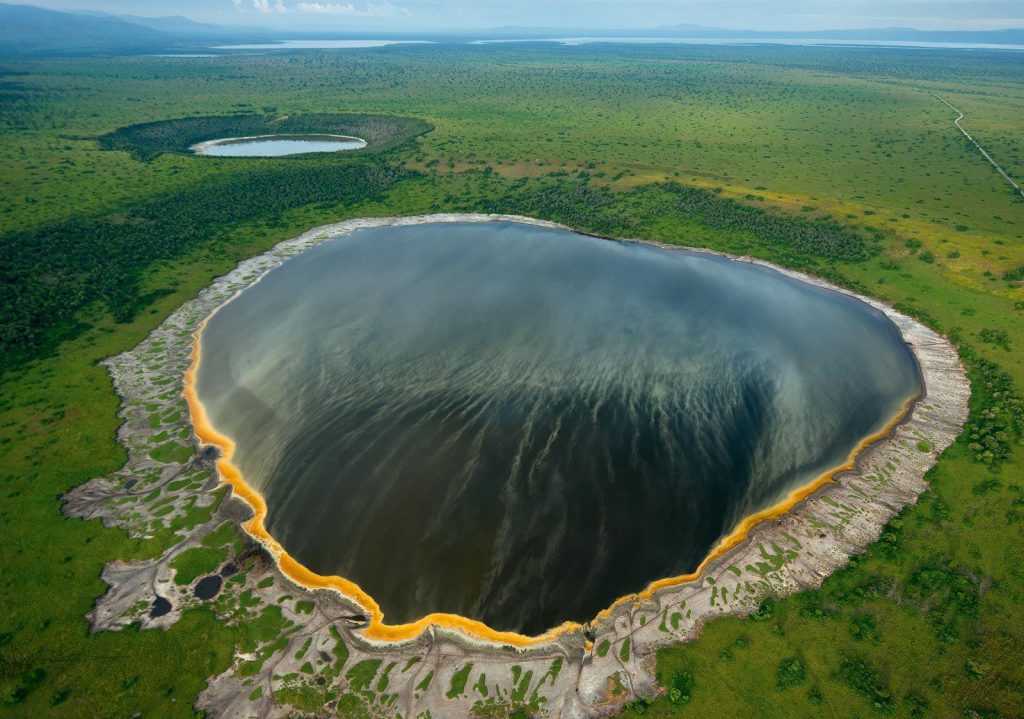Frequently Asked Questions
Thank you for visiting our Frequently Asked Questions (FAQ) page about Tanzania. Tanzania is a country with numerous tourist attractions, rich culture, and fascinating history. In this section, we have compiled answers to the most commonly asked questions to help you understand more about our country and enjoy your visit. If you have a question that is not answered here, please do not hesitate to contact us for further assistance.

What is the best time to go on a safari in Tanzania?
The best time for a safari in Tanzania depends on what you want to see. For the Great Migration, the best times are from June to October for the river crossings in the Serengeti, and from January to March for the calving season. Generally, the dry season from June to October is excellent for wildlife viewing as animals gather around water sources.
What should I pack for a safari in Tanzania?
Essentials include light, breathable clothing in neutral colors, a wide-brimmed hat, sunglasses, sunscreen, insect repellent, a good pair of binoculars, a camera with extra batteries and memory cards, a light jacket or fleece for cool mornings and evenings, and comfortable walking shoes. Don’t forget any necessary medications and personal toiletries.
Do I need vaccinations for a safari in Tanzania?
Yes, it is recommended to have vaccinations for yellow fever, especially if you are traveling from a country with yellow fever risk. Other recommended vaccinations include hepatitis A and B, typhoid, and routine vaccines like MMR, diphtheria-tetanus-pertussis, varicella, and polio. Consult with a healthcare provider for the latest advice.
What kind of accommodations can I expect on a Tanzania safari?
Tanzania offers a range of accommodations from luxury lodges and tented camps to budget camping. Lodges and tented camps provide comfortable beds, en-suite bathrooms, and sometimes even swimming pools. Budget camping involves basic tents and shared facilities.
Is it safe to go on a safari in Tanzania?
Yes, Tanzania is generally safe for tourists, especially on organized safaris. Tour operators take precautions to ensure safety during game drives and at lodges. It’s important to follow the guide’s instructions, avoid wandering off alone, and take basic health precautions.
How can I see the Great Migration?
The Great Migration can be seen in the Serengeti National Park. The migration is a year-round event, with different stages occurring in different parts of the park. To see the river crossings, visit the northern Serengeti between July and October. For the calving season, visit the southern Serengeti from January to March.
Do I need a visa to visit Tanzania?
Yes, most visitors require a visa to enter Tanzania. Visas can be obtained upon arrival at major airports and land borders, or in advance through Tanzanian embassies or consulates. It’s advisable to check the latest visa requirements and apply in advance if possible.
What kind of wildlife can I expect to see on a safari?
Tanzania is home to a diverse range of wildlife, including the Big Five (lion, leopard, elephant, buffalo, and rhino), cheetahs, giraffes, zebras, wildebeest, hippos, crocodiles, various antelope species, and an abundance of birdlife. National parks like Serengeti, Ngorongoro Crater, and Tarangire are particularly rich in wildlife.
How can I ensure my safety from wildlife during the safari?
Always listen to and follow your guide’s instructions. Stay inside the vehicle during game drives unless advised otherwise by your guide. Keep a safe distance from animals, do not feed or provoke them, and never wander off alone, especially at night. Secure food and dispose of waste properly to avoid attracting wildlife.
What is the typical duration of a safari in Tanzania?
The duration of a safari can vary depending on your interests and schedule. Typical safaris range from 3 to 10 days, but longer itineraries of 2 weeks or more can provide a more comprehensive experience. It’s common to combine several national parks and reserves in a single trip.
Are safaris suitable for children?
Yes, safaris can be suitable for children, but it’s important to choose family-friendly lodges and activities. Some lodges offer special programs for kids, including educational activities about wildlife and nature. It’s advisable to check with the safari operator regarding age restrictions and recommendations for families with young children.
What is the tipping etiquette on a safari?
Tipping is appreciated and customary in Tanzania. It’s recommended to tip your safari guide about $10-$15 per person per day, and camp staff about $5-$10 per person per day. It’s best to tip in Tanzanian Shillings or US Dollars, and to give tips directly to the individuals or place them in a communal tip box if provided.
Can I drink tap water in Tanzania?
It’s not advisable to drink tap water in Tanzania. Stick to bottled or filtered water, which is widely available and often provided by lodges and camps. Use bottled water for brushing your teeth as well to avoid any health issues.
What kind of food can I expect on a safari?
Safari lodges and camps typically offer a variety of food, including international cuisine and local dishes. Meals often include fresh fruits, vegetables, meats, and fish. Special dietary requirements can usually be accommodated with advance notice.
Can I use my mobile phone and access the internet while on safari?
Mobile phone coverage is available in many parts of Tanzania, but it can be spotty in remote safari areas. Most lodges and camps offer Wi-Fi. It’s a good idea to check with your accommodation about connectivity options.
When to Go To Tanzania
Wildlife Safaris
- Best Time: June to October (Dry Season)
- This is the peak safari season with sunny weather and excellent wildlife viewing. Animals gather around water sources, making them easier to spot in national parks like Serengeti, Ngorongoro Crater, and Tarangire.
- The Great Migration:
- June to July: Wildebeest migration crossings in the Grumeti River (Western Serengeti).
- July to September: Thrilling river crossings at the Mara River (Northern Serengeti).
Zanzibar and Beaches
2. Zanzibar and Beaches
- Best Time: June to October and December to February
- The weather is dry, sunny, and perfect for relaxing or exploring Zanzibar’s spice farms and historic Stone Town.
Kilimanjaro Treks
- Clear skies and stable weather conditions make these months ideal for climbing Africa’s highest peak.
Birdwatching
- Migratory birds arrive, and resident birds are in full breeding plumage. Ideal for avid bird enthusiasts, especially in parks like Lake Manyara and Tarangire.
Green Season (Low Season)
- The rainy season offers lush landscapes, fewer tourists, and discounted rates. Although heavy rains might affect accessibility, it’s a great time for photographers and a quieter safari experience.
